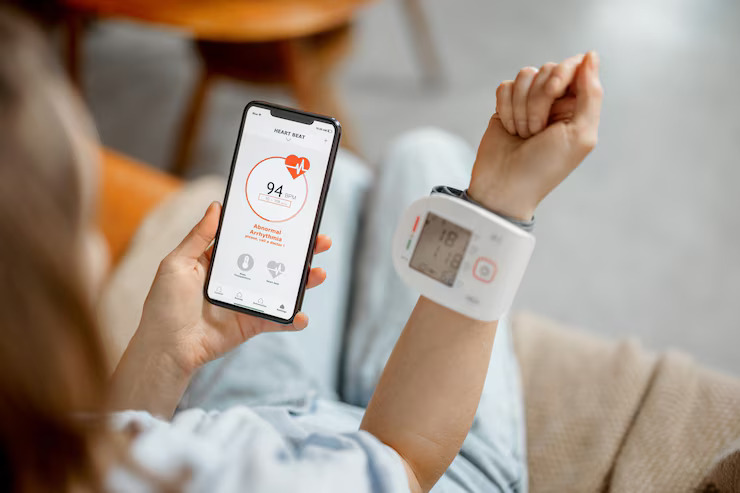Clinical trials are a crucial part of healthcare—both in the drug development process, as well as giving patients hope. They involve testing the safety and efficacy of potential new therapies and treatments; and they are essential for bringing new medicines to patients. However, clinical studies can be expensive, time-consuming and challenging to successfully conduct. They require significant resources and can often take years to complete. Often, the biggest challenges facing clinical trial sponsors are patient recruitment, compliance and retention. Low enrollment rates can result in delayed or canceled trials, which increases the overall operational costs, as well as delays in access to new treatments.
In recent years, there has been a growing interest in integrating technology platforms, like Delve Health’s Clinical StudyPal, into the trial’s design in order to address, and hopefully mitigate, these challenges. By leveraging patient perspectives and configuring technology into clinical trial design and implementation, sponsors can reduce operational costs and boost patient enrollment rates. A few potential strategies for combining technology with patient perspectives to decrease trial costs and increase enrollment include:
Using Social Media to Reach Potential Participants
Social media can be an excellent tool for reaching a large audience quickly and cost-effectively, when used correctly. By leveraging social media platforms (e.g., Facebook, Twitter, Instagram, etc.) clinical trial sponsors can target potential participants based on demographics and geographical location—allowing for an increase in diversity, which leads to better quality data. Social media can also be used to share specific information about the clinical trial; answer potential patient’s questions; and provide updates on trial progress.
Developing Patient-Centered Trial Designs
Patient-centered trial designs prioritize the needs and preferences of patients. By involving patients in the trial design process, sponsors can better understand patient perspectives, choices and challenges. This can help to design virtual and/or hybrid studies that are more flexible and patient-friendly—which can positively have an impact on patient recruitment, compliance and retention rates.
Using Wearables and Other Devices/Technologies to Gather Data in Real-Time
Wearables and other medical devices and/or technologies can be used to collect data via remote patient monitoring, which significantly reduces the need for frequent in-person visits. This can be particularly beneficial for patients who live far from clinical study sites and/or have mobility challenges. Wearable devices and biosensors can also provide more accurate and detailed data, which can help to reduce the need for larger sample sizes, ultimately reducing trials costs.
Providing Patient Support and Engagement Tools
Patient support and engagement tools can also help to improve patient retention rates. These tools can include mobile and web-based apps; text messages to “nudge” patients (via SMS or messaging apps); and online communities. By providing patients with access to these tools, sponsors can help to improve patient engagement; increase overall patient satisfaction; and reduce the risk of dropout prior to the study’s completion.
Implementing Virtual Trial Designs
Virtual trial designs use technology solutions, like Delve Health’s Clinical StudyPal, to remotely conduct eClinical studies. Again, this can help to reduce the costs associated with in-person visits and can make it easier for patients to participate. Virtual trials can also be more flexible, allowing patients to participate on their own schedules (e.g., telehealth visits; in-home visits, etc.), reducing the burden on patients and increasing enrollment rates.
Essentially, by adopting technology solutions like Clinical StudyPal into clinical trial design that focuses on patients, sponsors can become more efficient—saving valuable time and resources. By using social media to reach potential participants; developing patient-centered trial designs; using wearables, biosensors and other devices to collect real-world data (RWD) in near real-time; providing patient support and engagement tools; and implementing virtual/hybrid trial designs; sponsors can overcome some of the biggest challenges facing the field. By doing so they can bring new therapies and treatments to patients faster, more efficiently, and more cost-effectively that ever before.
The Delve Difference
To learn more about what our fully-customizable, end-to-end technology platform can do to meet your specific study’s needs, please schedule a demo here or email us at contact@delvehealth.com.






































